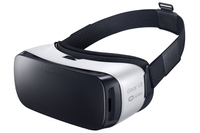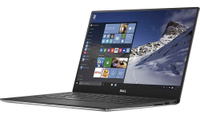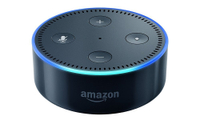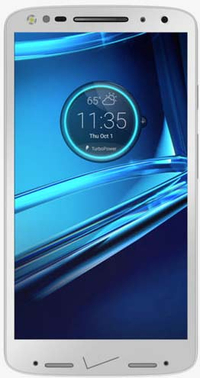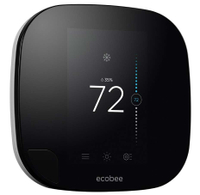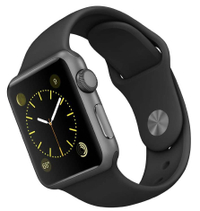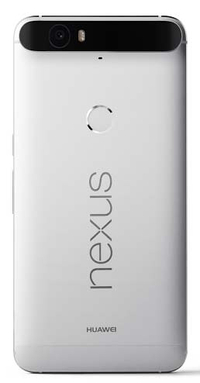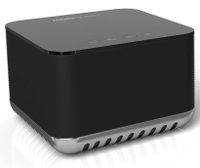10 Best Gadgets of 2015
From an amazing VR headset you can afford, to a smart speaker that puts Siri to shame, these are the best gadgets of the year.
The best things in tech don't just improve on what's come before. They surprise and delight you. And they make you want to say "You've got to see this." That's the thinking that went into this list of the best gadgets of 2015. Some of these standout products do the above in big ways, like a virtual-reality headset that reinvents entertainment for the masses, and some in small ways, like a Wi-Fi battery that makes your smoke detector smart.
Here are our top innovations of the year. Please let us know what's on your list of winners.
Samsung Gear VR: The Virtual Reality Revolution Arrives
Why you can trust Tom's Guide
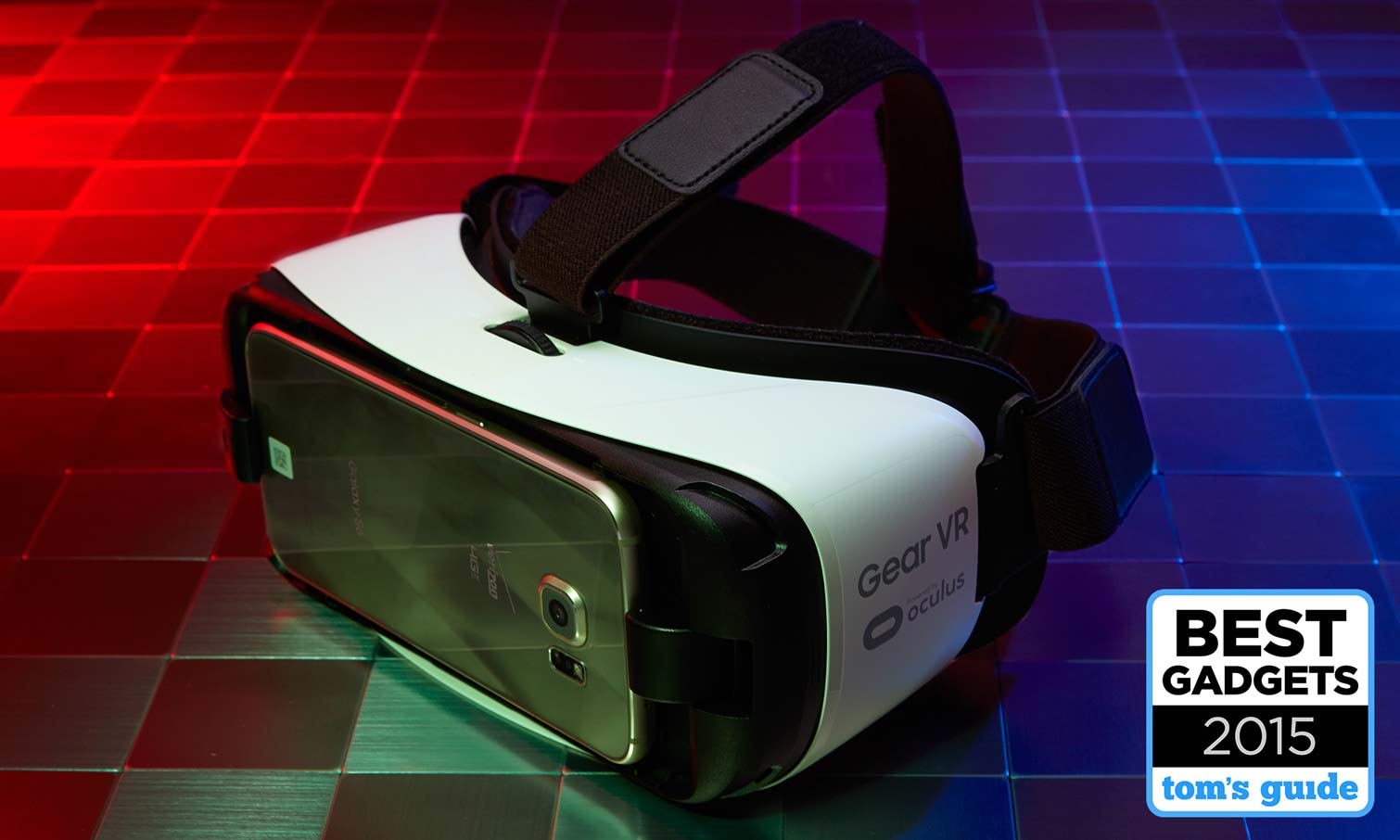
No, I wouldn't wear one in public, but the Gear VR is absolutely the most exciting gadget I've used since the original iPhone. This headset truly immerses you in entertainment, delivering 360-degree apps, games and experiences right to your face. All you need to do is plug in one of Samsung's recent premium Galaxy phones — like the Gear S6, S6 Edge, S6 Edge+ or Galaxy Note 5 — and you'll be ready to enjoy all manner of jaw-dropping moments.
I knew this was a game-changer when I played Land's End (from the folks that brought you Monument Valley). The puzzle game lets you move objects just by moving your head. You can also watch videos with your friends virtually sitting next to you, walk with dinosaurs and more. The cheaper Google Cardboard is fine as a gateway drug, but at $99, the Gear VR has made good virtual reality accessible to the masses.
Dell XPS 13: The End of MacBook Envy
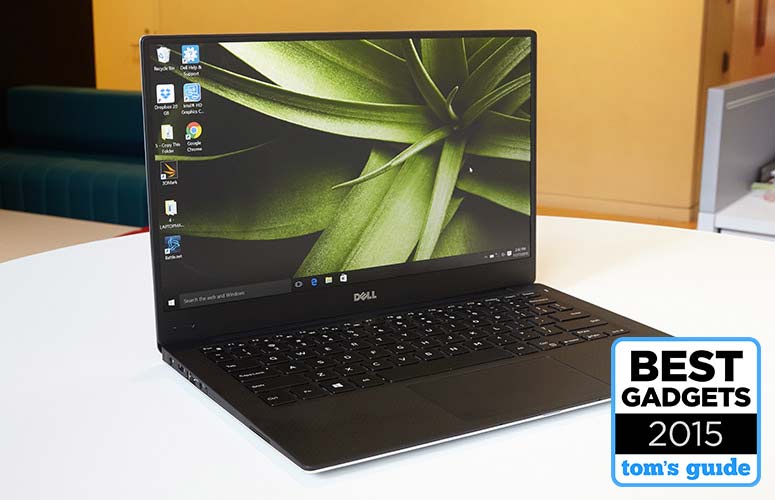
It's the rare laptop that makes the MacBook Air look downright dowdy. The Dell XPS 13 has done just that, with a near-borderless Infinity Display that gives you a 13-inch screen in a body that's about the same size as the 11-inch MacBook Air. And what a body this Dell sports. The carbon-fiber, soft-touch deck looks slick and feels comfy on your wrists, and the aluminum lid is plenty sturdy.
The latest version is available with Intel's fast 6th-generation Core processor, and it offers nearly 12 hours of battery life with the full-HD display. The even sharper quad-HD screen looks absolutely luscious, if you're willing to give up some juice.
Amazon Echo: Siri Who?
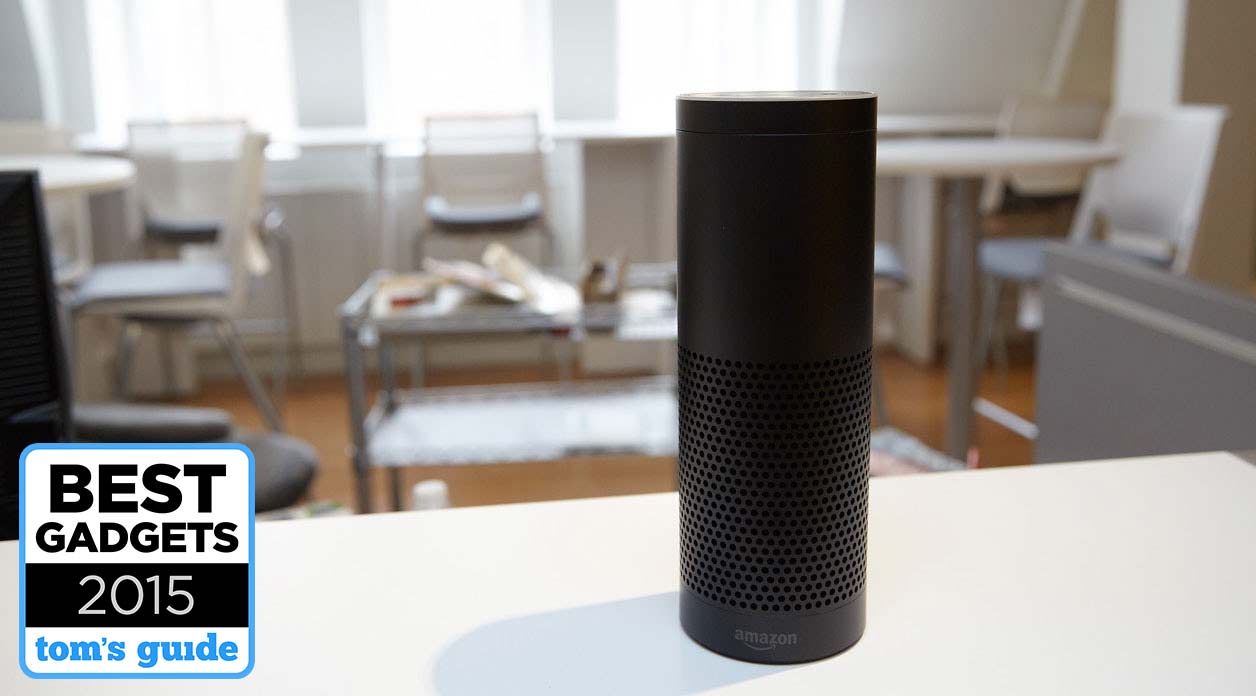
A speaker and personal assistant in one, Amazon's Echo is always ready to rock, answer questions and even help control your home. Powered by voice commands, Alexa can do things like play music, get traffic and weather updates, and even buy things through Amazon and have them shipped to you.
In our testing, we found Alexa even more accurate and useful than Siri. The Echo is improving all the time, too: Since launch, Amazon has added Yelp local search, Pandora music streaming and control of all sorts of connected devices (including Philips Hue lights). Although you have to keep this speaker plugged in, the combination of its intelligence and audio quality is unmatched.
Motorola Droid Turbo 2: It's Frickin' Shatterproof
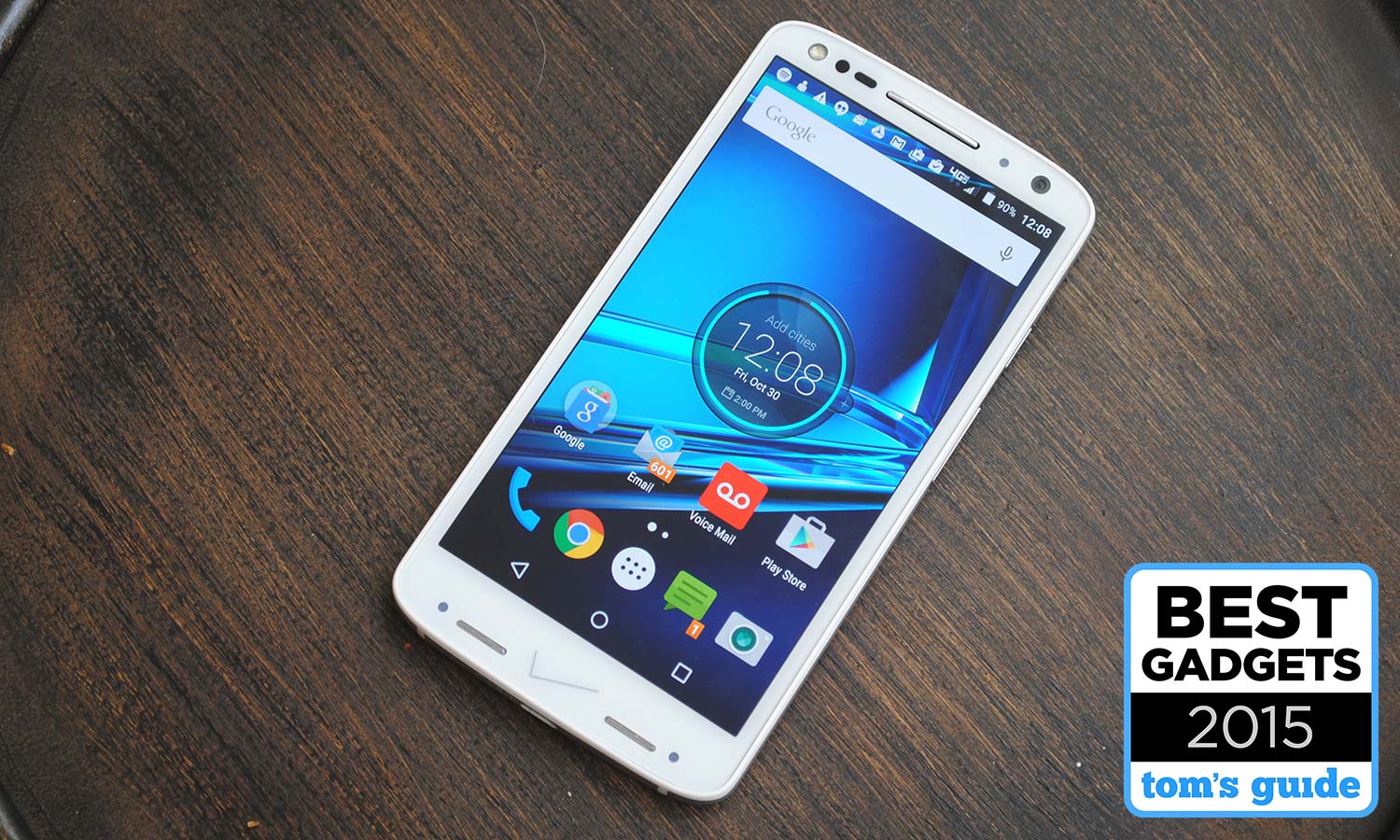
Maybe you drop your phone a lot. Or maybe you just witnessed New York Giants head coach Tom Coughlin go for it on 4th and 2 when he's up by 10 points and blow it, and you want to take it out on something. The Droid Turbo 2's screen is ready for whatever punishment you can dish out.
The first smartphone with a truly shatterproof display, this handset offers five layers of protection, including a flexible OLED panel in the middle. I gleefully dropped this device face down on concrete, on my driveway and on other surfaces — hard — and it survived without a scratch, although the sides did pick up some nicks. Add in the fastest charging time ever on a phone, and you have a true mobile-breakthrough device.
Ecobee: A Smarter Thermostat
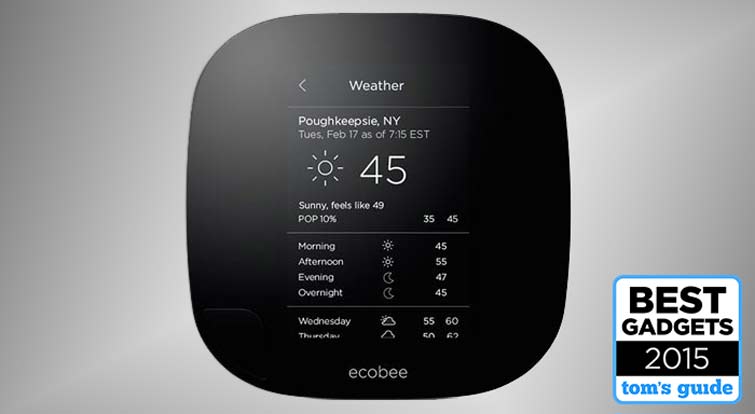
While the Nest has become synonymous with smart thermostats, the Ecobee does it one better. This device comes with remote sensors to monitor the temperature in multiple rooms at one time, communicating back to the base unit. In other words, the master bedroom will be just as cozy as the den or the living room.
The Ecobee is slick, easy to use (although you might want to have it professionally installed), and works with Apple's HomeKit, letting you use Siri to control the temperature of your abode from your iPhone or iPad.
Apple Watch: Smartwatch to Beat
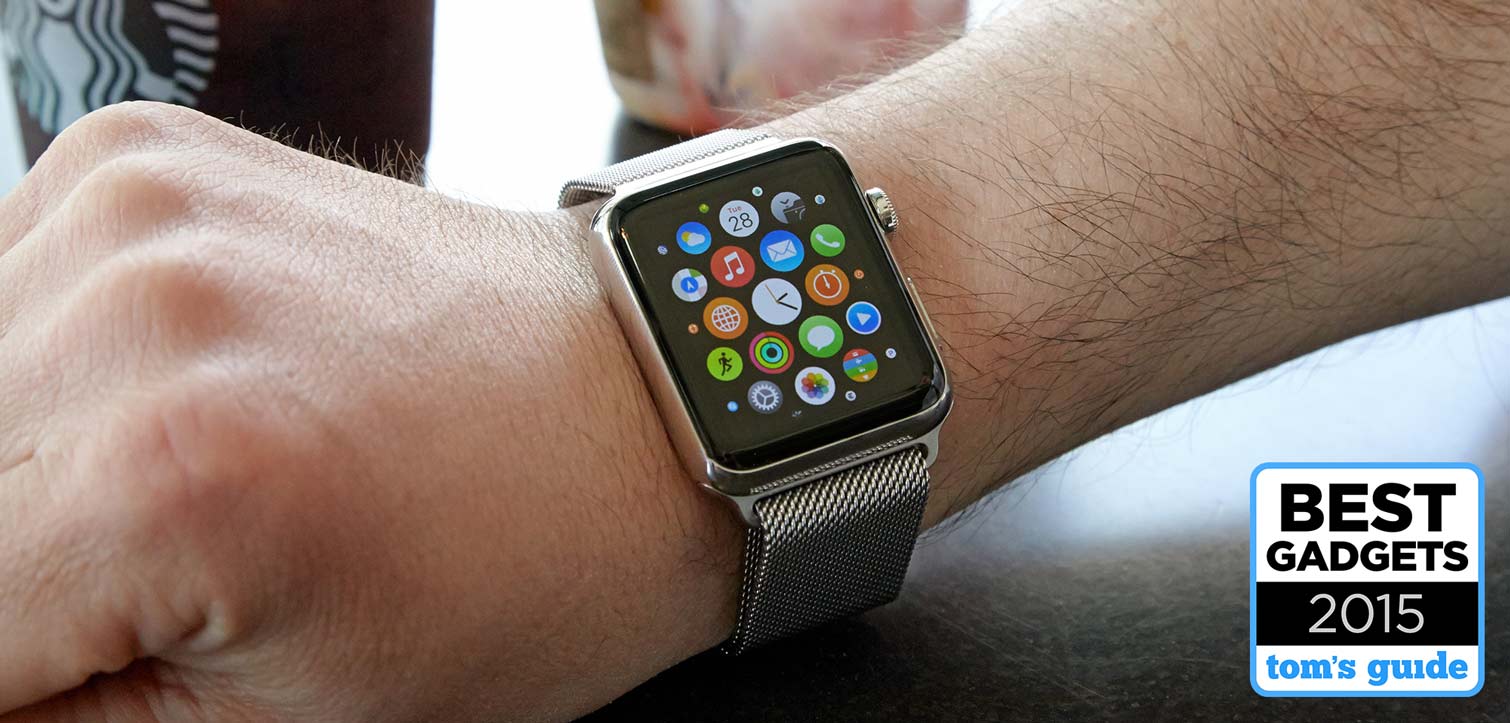
I'm convinced that the Apple Watch has saved the smartwatch from the gadget graveyard, because it shows that these wearables have a purpose beyond pinging your wrist with smartphone notifications. I use it all the time for fitness, and it does a good job of tracking my heart rate and estimating my pace and distance. It also comes in handy for just making sure I don't miss important calls — or important turns when I'm driving — thanks to the vibrations from its Taptic Engine.
But it's the growing number of apps, and how developers are leveraging the platform, that give the Apple Watch more potential than its competitors. With it, you can open your hotel room door, check in for your flight, pay for stuff with Apple Pay, find the nearest ATM, record voice notes and more. I suspect many people are waiting for the Apple Watch 2 to debut next spring, which will offer more features, but the original helped legitimize the entire category.
Kangaroo Mobile Desktop: The Ultimate Mini PC
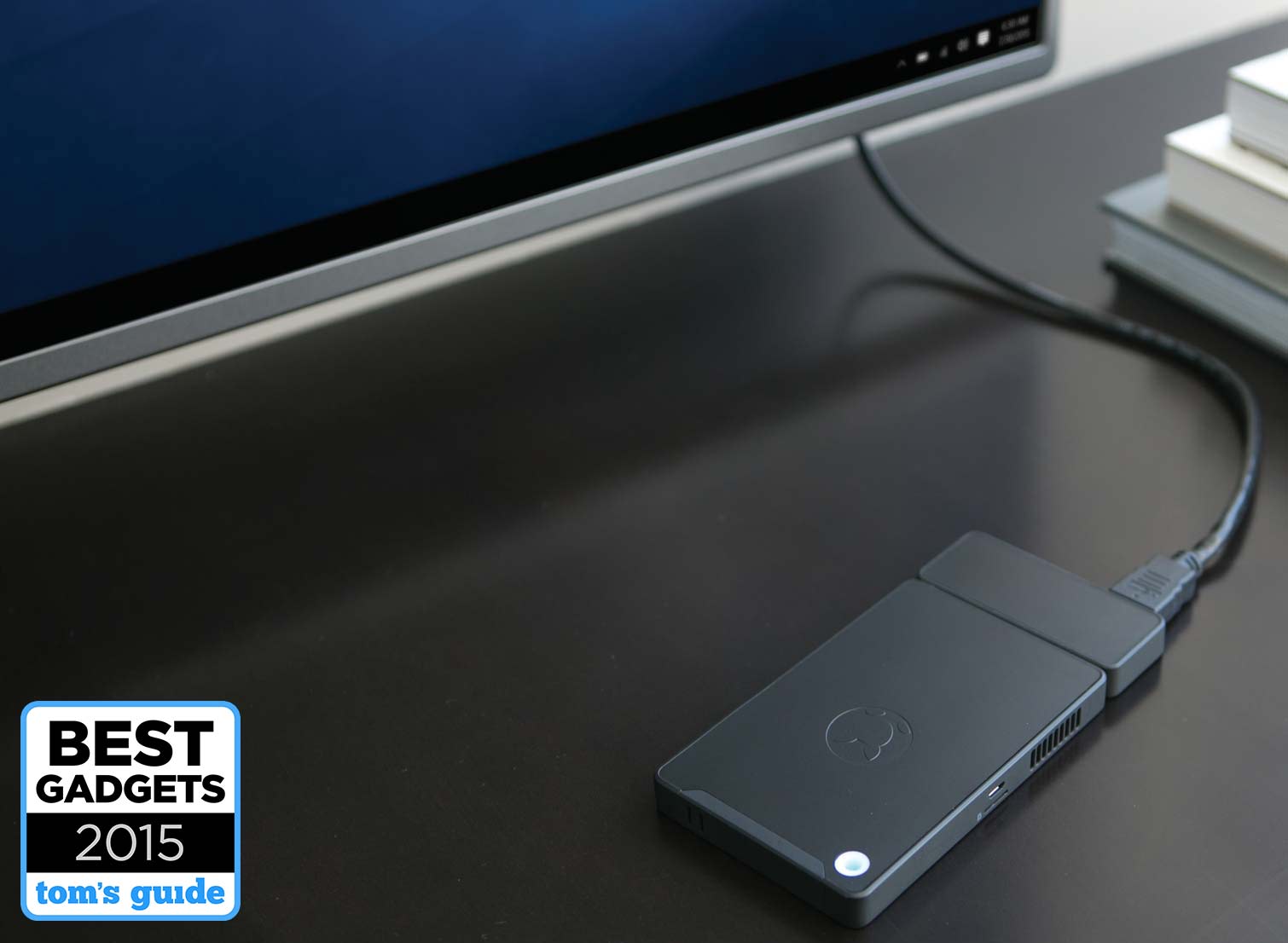
When our online editorial director calls something "the best bargain in technology," I shut up and listen. The Kangaroo Mobile Desktop is a $99 mini Windows 10 PC that weighs half a pound, yet manages to cram in an Atom processor, a fingerprint reader, a swappable ports dock, 802.11ac Wi-Fi and even a built-in battery.
You can plug the Kangaroo into a regular monitor at home or at work, or connect it to a TV to turn it into a home-theater PC. And when you're on the go, you can use an iPad as a wireless second screen. Intel's Compute Stick is smaller, but the Kangaroo does a lot more for less money.
Google Nexus 6P: Scary Smarts on Tap
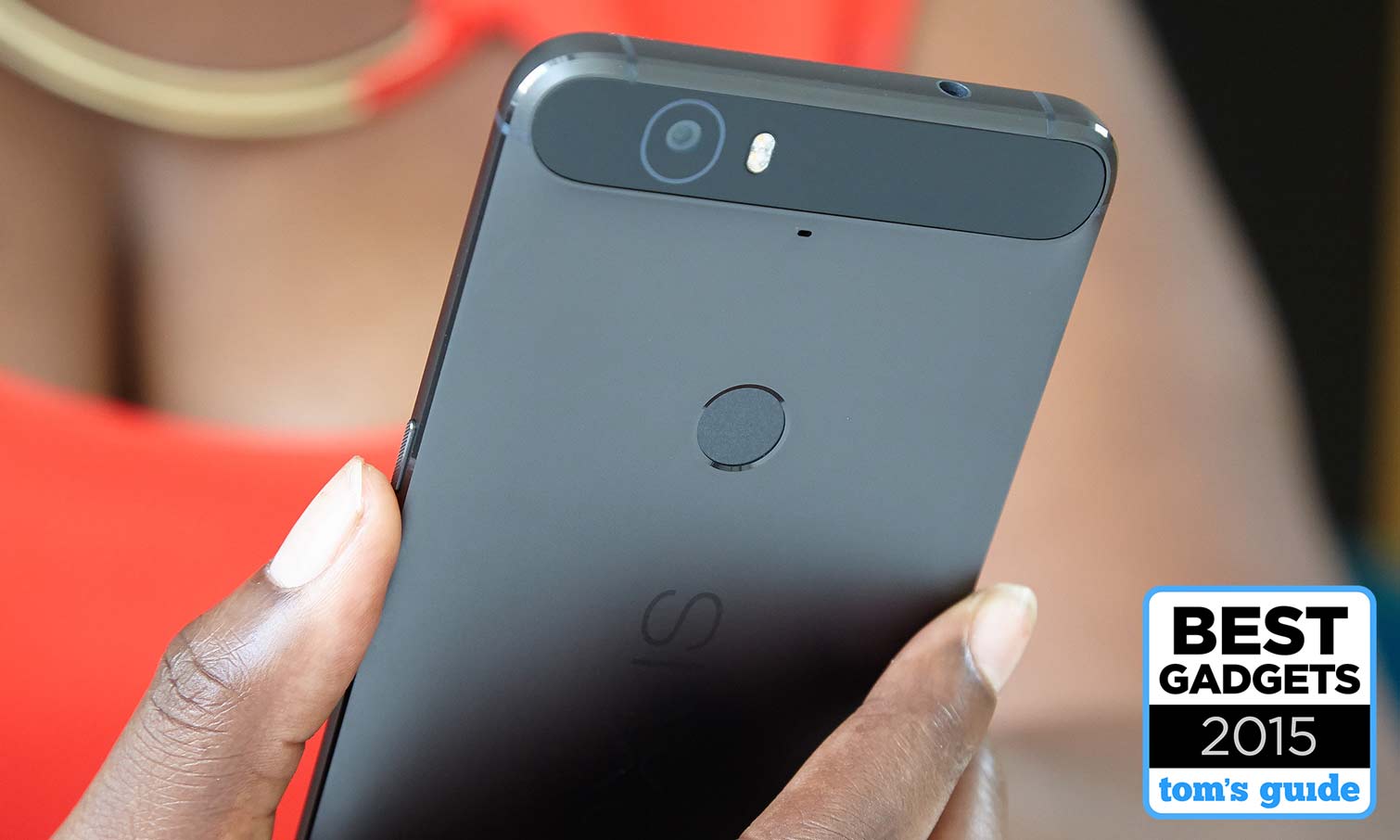
The Nexus brand has had its ups and downs, but the Nexus 6P is the perfect Android phone. Costing a very reasonable $499 unlocked ($250 less than the unlocked iPhone 6s), this handset makes other flagships look downright overpriced.
This aluminum-clad beauty packs strong performance and useful Android 6.0 Marshmallow features, such as Google Now on Tap, which provides contextually relevant info when you're viewing anything from a Web page and email to a text message. Say a friend texted you about seeing Star Wars: The Force Awakens. All you have to do is hold down the home button to see a bunch of options, including the IMDb page and the YouTube trailer. The other great part about this phone? The nearly 12.5 hours of battery life, which runs circles around other smartphones.
Mass Fidelity Core: Magic Music Box
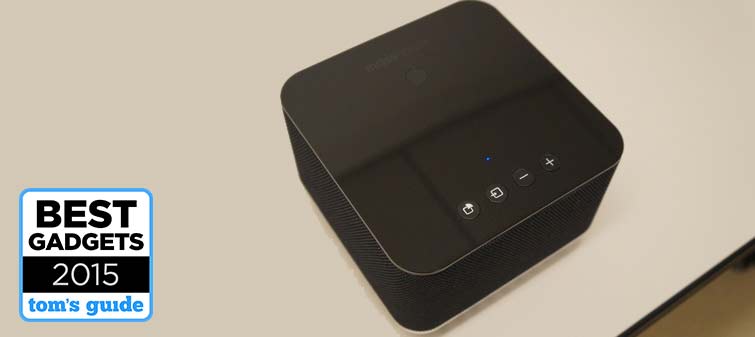
It's a Bluetooth speaker. It's a soundbar. It's a Sonos-killer. It's all wrapped up in one device that fits in your hand. Despite its compact frame (6 x 6 x 4 inches), the Mass Fidelity Core delivers an unparalleled audio experience with a surprisingly wide soundstage.
The device uses what the company calls Acoustic Holography technology to recreate sound in space; I could hear true stereo sound to the far left and right of this amazingly deceptive speaker while listening to Pink Floyd's "Money." The Core also leverages a technology called Wave Field Synthesis to make any spot in the room a sweet spot. Seriously, listening is believing. Plus, you can connect up to eight Cores to stream tunes throughout your abode.
Roost Smart Battery: I Smell a Great Value
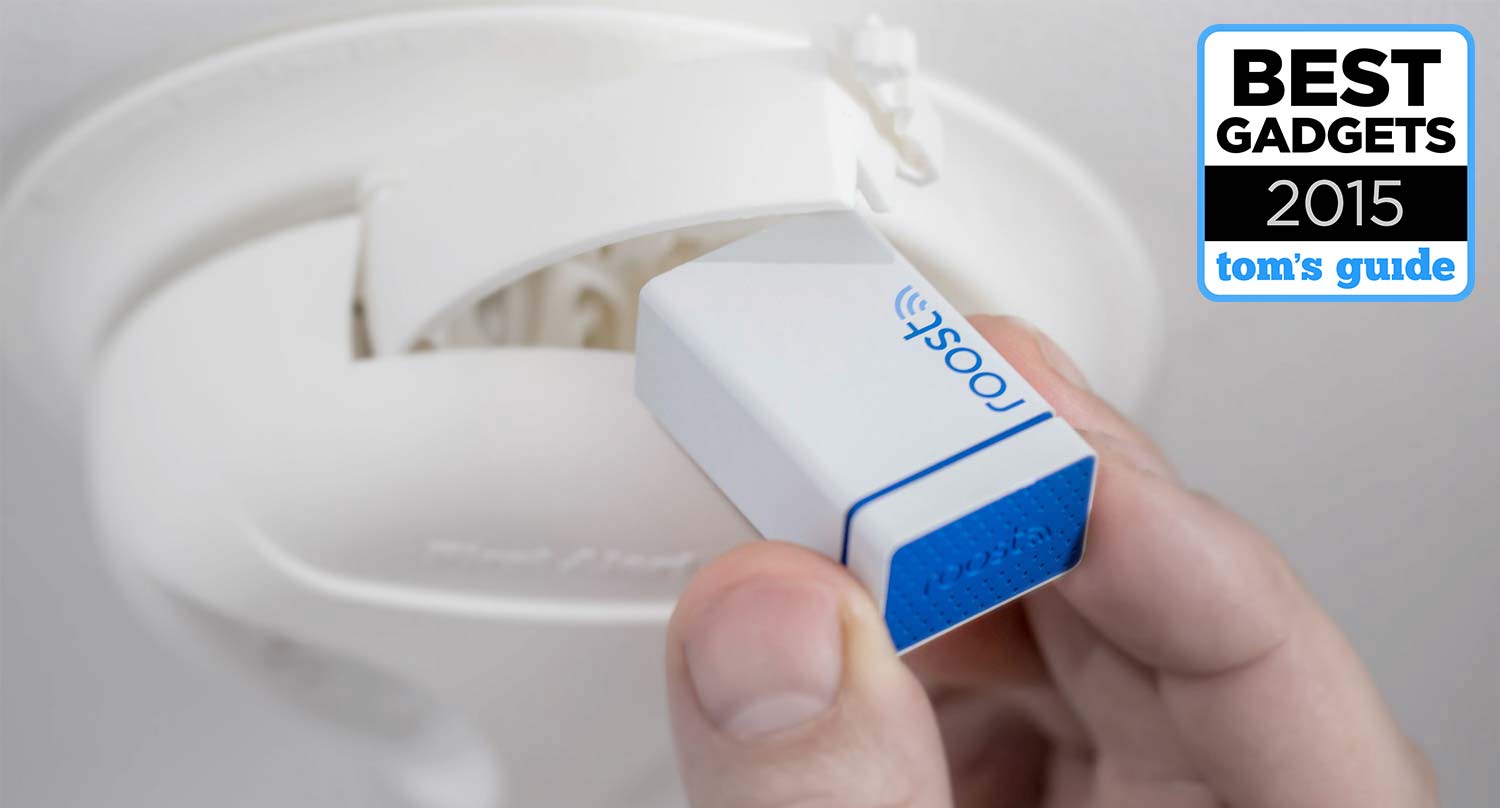
No one likes it when the smoke alarm goes off and you have to do that waving-towel thing to shut it up. The $35 Roost Smart Battery literally lets you snooze that alarm from your phone. In case it's a real fire, you're also given the option to call an emergency contact, as well as quickly view other monitors you may have connected.
This 9-volt battery has built-in Wi-Fi, which connects it to your home network and mobile devices. The $99 Nest Protect integrates with more smart-home gadgets, but the Roost is a great value and make your dumb smoke detector smart.
Sign up to get the BEST of Tom's Guide direct to your inbox.
Get instant access to breaking news, the hottest reviews, great deals and helpful tips.
Mark Spoonauer is the global editor in chief of Tom's Guide and has covered technology for over 20 years. In addition to overseeing the direction of Tom's Guide, Mark specializes in covering all things mobile, having reviewed dozens of smartphones and other gadgets. He has spoken at key industry events and appears regularly on TV to discuss the latest trends, including Cheddar, Fox Business and other outlets. Mark was previously editor in chief of Laptop Mag, and his work has appeared in Wired, Popular Science and Inc. Follow him on Twitter at @mspoonauer.
